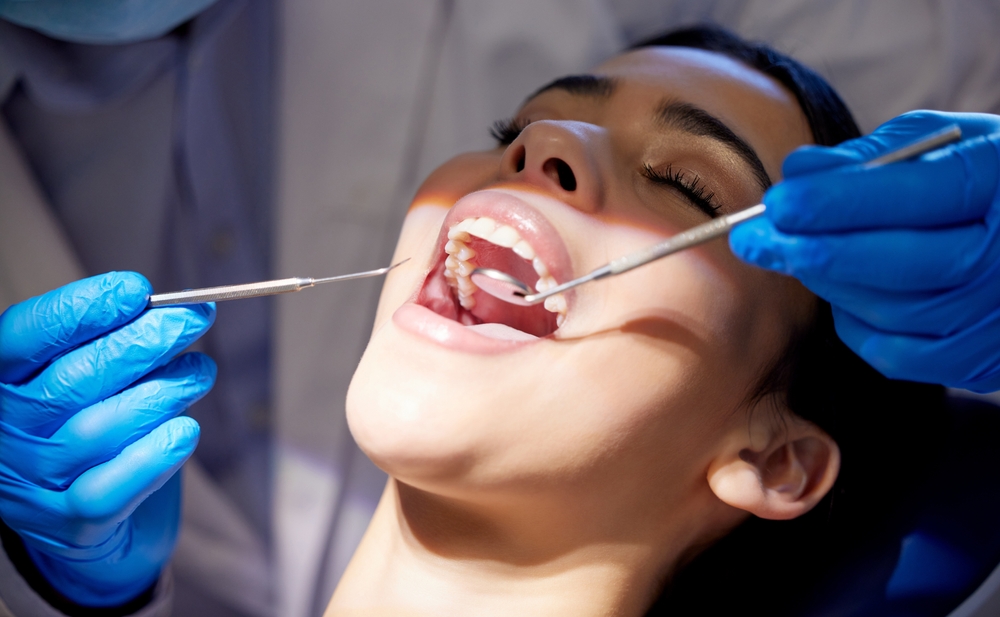Are you looking to know Why Regular Dental Cleanings Are Essential for Healthy Teeth then read this article to find out Why Regular Dental Cleanings Are Essential for Healthy Teeth

A dental cleaning is one of the most common and important treatments for keeping your teeth and gums healthy. During this process, a dentist or dental hygienist removes bacteria, plaque, and tartar from your teeth. This helps lower the risk of cavities, gum disease, and bad breath.
Sometimes, dentists also recommend preventive services during the same visit, such as fluoride treatments or dental sealants. In addition to these options, hillsboro dental clinic may be suggested for patients who want to straighten their teeth discreetly. If you feel nervous about dental visits, many clinics offer sedation options to help you relax.
Types of Dental Cleanings
Not all cleanings are the same. Dentists recommend different types based on your oral health:
- Prophylaxis (Routine Cleaning): The most common type, done every six months for people with generally healthy teeth and gums.
- Gross Debridement: For people who haven’t had a cleaning in a long time and have heavy tartar buildup. This helps dentists check for hidden issues before continuing treatment.
- Scaling and Root Planing (Deep Cleaning): For patients with gum disease. It targets bacteria and tartar below the gum line and around tooth roots. Local anesthesia is often used for comfort.
How Often Should You Get a Cleaning?
The experts recommend professional cleanings every six months. However, your dentist may suggest more frequent visits if you are prone to gum disease, cavities, or other oral health concerns.
Dental Cleaning Process
Here’s a step-by-step look at what usually happens:
- Scaling: The dentist or hygienist uses hand tools or an ultrasonic scaler to remove plaque and tartar. You may hear scraping sounds, but the process is painless.
- Polishing: A soft rubber cup with special paste smooths your teeth, removing stains and biofilm.
- Preventive Treatments: Depending on your needs, fluoride or sealants may be applied. These strengthen enamel and protect against cavities.
- X-rays: Taken every 6–36 months, X-rays help detect hidden problems like decay between teeth or under fillings.
- Treatment Recommendations: If your dentist finds issues such as cavities or early gum disease, they’ll explain your treatment options.
A routine cleaning usually lasts 30 minutes to one hour. Deep cleaning or debridement can take longer.
Benefits of Regular Dental Cleanings
Getting your teeth cleaned regularly offers several advantages:
- Better oral health: Reduces the risk of cavities, gum disease, and tooth loss.
- Improved overall health: Research shows strong links between oral health and conditions like heart disease, stroke, and diabetes.
- Fresh breath: Removes bacteria that cause bad odors.
- Lower costs: Preventive care is cheaper than treatments like crowns, fillings, or root canals.
The Risks
Dental cleanings are very safe. Some people may notice mild gum soreness or sensitivity afterward, but this goes away within a few days. Over-the-counter pain relievers can ease any discomfort.
Final Thoughts
Dental cleanings are more than just polishing your smile. They are an essential part of overall health. By visiting your dentist every six months, you can prevent serious oral issues, save money on treatments, and keep your teeth strong for years to come. If you notice problems like bleeding gums, tooth pain, or loose teeth, don’t wait; schedule an appointment right away.